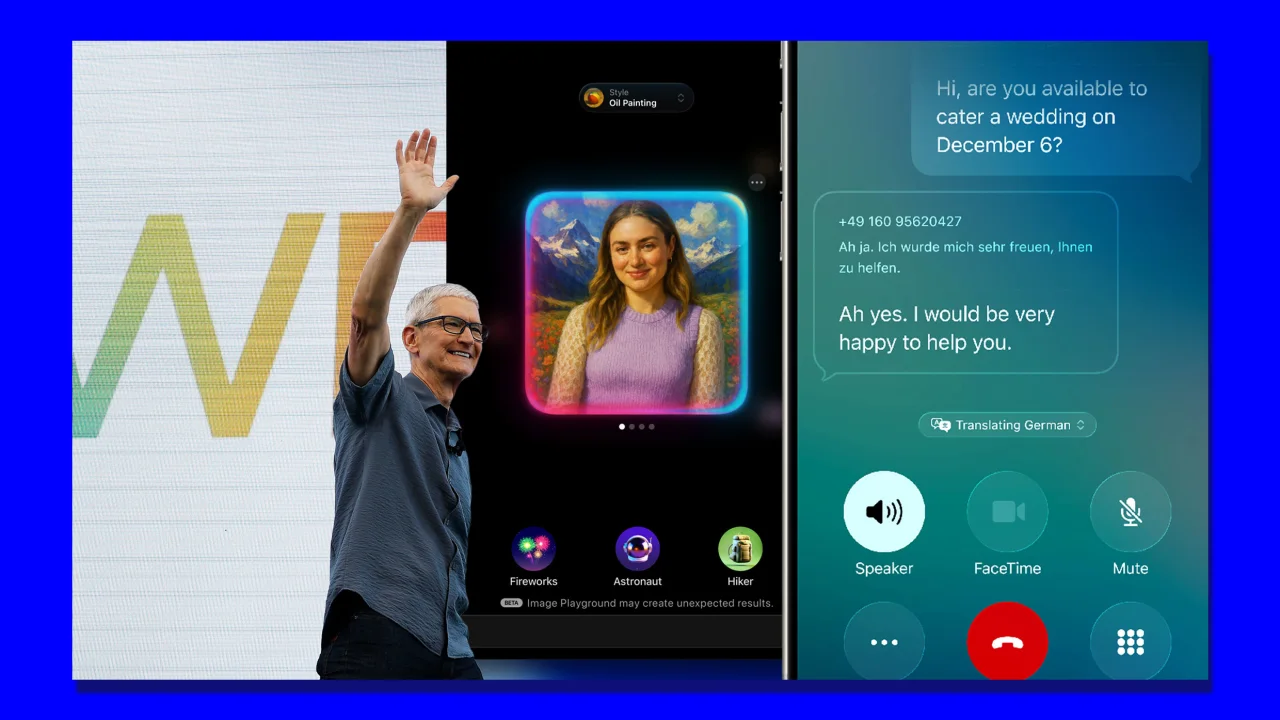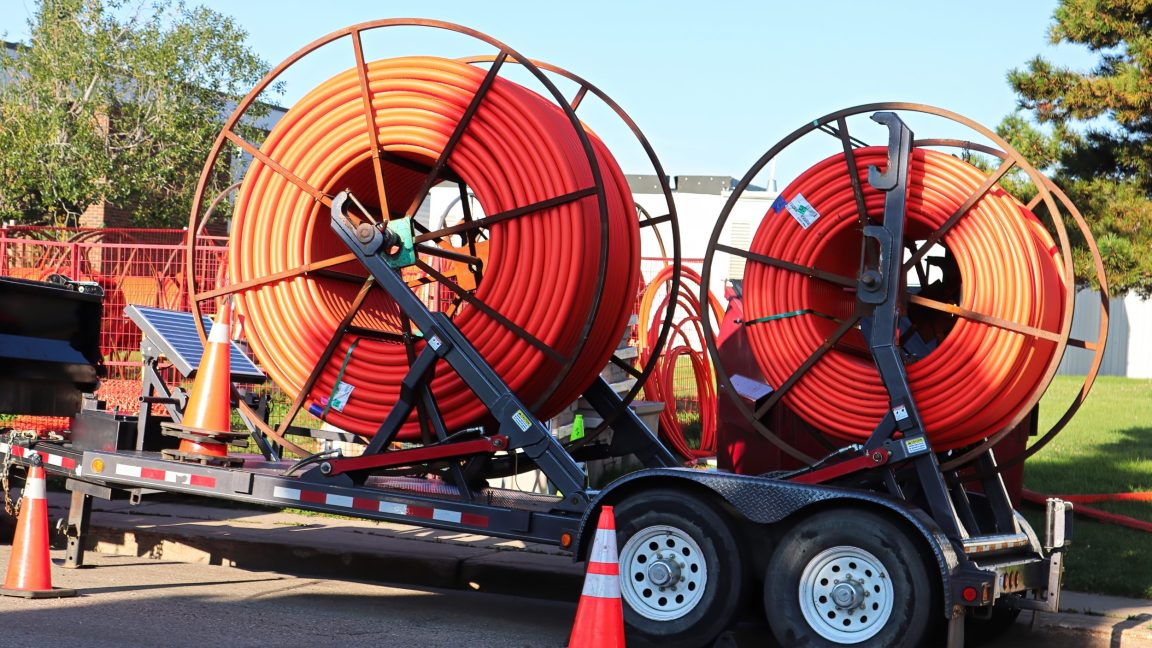To-do list traps: stop confusing busyness with impact
Your to-do list might be making you feel productive while holding you back. Discover the truth and learn how to make it work for you.


You wake up with good intentions. You glance at your to-do list—ten, maybe fifteen tasks neatly bullet-pointed. You start strong, knocking off one or two items quickly. But then the emails start. A phone call interrupts your flow. That one “quick” task takes an hour. By 6 p.m., half the list is untouched, and you’re left feeling defeated, even though you’ve been working nonstop.
Sound familiar?
It’s a modern productivity trap. The to-do list, once hailed as the ultimate tool for focus and success, may be sabotaging your progress. Not because you’re lazy or disorganised, but because the system is flawed.
In a world that celebrates busyness over impact, most to-do lists don’t reflect what matters. Instead, they overwhelm, mislead, and create a false sense of failure. The problem isn’t your lack of discipline—it’s that your to-do list is lying to you.
How your to-do list sabotages your progress
1. Quantity over quality: The busyness trap
Most to-do lists focus on packing as many tasks as possible into a day. But checking off a long list doesn’t necessarily mean you’ve made meaningful progress. Cramming too many things in spreads your attention thin and dilutes your impact. The illusion of being productive comes from busyness rather than real accomplishment.
2. Most lists ignore energy, not just time
Your schedule is planned around hours on the clock, but rarely around your energy or mental state. When you try to tackle a complex task at the end of a draining day, it’s almost doomed to fail. The to-do list doesn’t understand that your brain has its own rhythms and energy peaks, making timing as important as the task itself.
3. Tasks without context lack power
A generic task like “Call client” feels like a chore because it lacks clear purpose. When a task isn’t tied to a concrete goal or reason, motivation falters and execution suffers. To-do lists often strip away the “why,” turning meaningful work into monotonous checkboxes that rob your day of direction.
4. No prioritisation = constant reprioritisation
When every task feels urgent, it’s easy to get stuck in decision paralysis or jump from one small task to another without real progress. A to-do list that fails to prioritise forces you to constantly re-evaluate what’s important, draining mental energy and keeping you stuck in reactive mode.
5. Crossing off tasks feels good, but it’s a trap
Crossing off simple tasks feels rewarding in the moment, and it’s tempting to clear the easy stuff first. But this behaviour is a distraction that often keeps you away from the bigger, more challenging work that drives actual results. The to-do list tricks you into mistaking activity for achievement.
6. You’re planning in a vacuum
No matter how perfectly you plan your day, life throws curveballs—urgent meetings, unexpected requests, or sudden emergencies. Most to-do lists are too rigid and don’t leave space for these interruptions. Your perfection crumbles when the inevitable chaos hits, leaving you frustrated and behind.
7. It focuses on tasks, not outcomes
Focusing on tasks alone makes you lose sight of the bigger picture. You might “complete” work that doesn’t move you closer to your goals. A to-do list that only cares about ticking boxes encourages busy work rather than meaningful progress, trapping you in a cycle of shallow accomplishments.
8. No room for review and reflection
Repeating the same list day after day without reviewing what worked and what didn’t leads to stagnation. Without taking time to reflect, prioritise, and adapt, you keep dragging unfinished tasks forward, unknowingly building a backlog of inefficiency that drains your motivation.
9. It doesn’t inspire you
To-do lists often feel like sterile obligations rather than stepping stones toward something exciting. When your daily tasks don’t inspire or connect to your greater purpose, motivation fades and the list becomes a burden rather than a guide. A list should light a spark, not extinguish it.
Conclusion
Your to-do list isn’t just a collection of tasks—it’s a reflection of how you see your time, your energy, and your worth. If it constantly makes you feel like you’re falling short, it’s time to stop blaming yourself and start blaming the system.
Redesign your list. Prioritise impact. Account for your energy. Tie tasks to purpose. Build in space for the chaos of real life. When your list starts to tell the truth about what matters, you’ll not only get more done—you’ll feel better while doing it.


































































































































































































